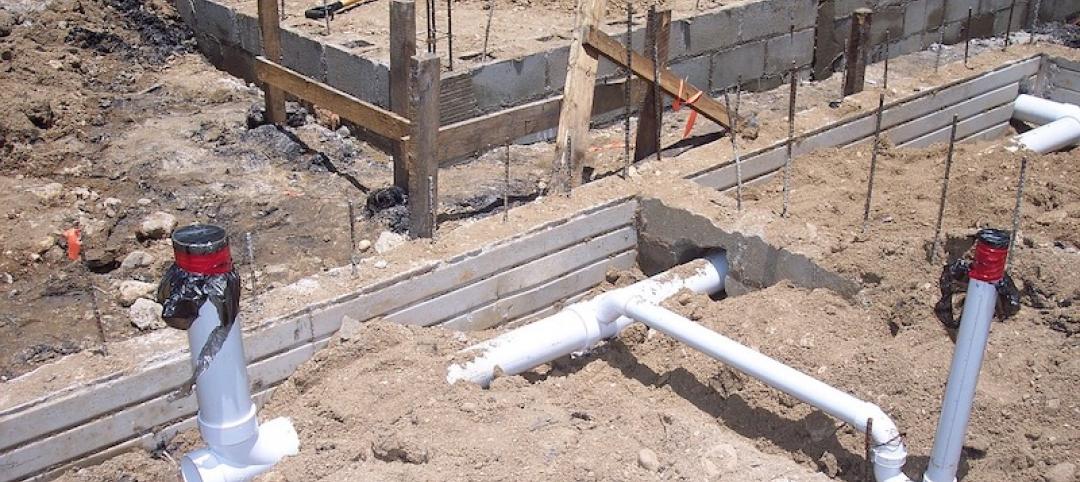Construction employment increased in 329 out of 358 metro areas between April and May as a new survey finds that two-thirds of highway construction firms had at least one crash in the past year at highway work zones they operate. Officials with the Associated General Contractors of America and HCSS, which conducted the survey, urged drivers to slow down and be aware while driving through highway work zones during their summer travels.
“As industry employment increases, it is safe to assume that more people are working in highway work zones that are typically close to moving traffic,” said Ken Simonson, the association’s chief economist. “And it is important to remember that any time your job site is just a few feet away from fast moving traffic, danger is never far away.”
Simonson noted that construction employment expanded in most parts of the country between April and May as coronavirus lockdowns began to ease, according to an analysis of federal employment data the association conducted. He noted that Seattle-Bellevue-Everett, Wash. added the most construction jobs (28,600, 44%) in May, followed by New York City (25,000, 31%) and Pittsburgh, Pa. (22,000, 60%). Click here for the complete analysis.
Many of those workers will be improving highways and bridges in work zones along busy highways this summer, the economist pointed out. That is why the association partnered with construction technology firm HCSS to conduct a nationwide survey of highway contractors on work zone safety. According to that survey, two-thirds of the 200-plus respondents reported at least one crash in the past year involving a moving vehicle at highway work zones, and 33% reported five or more crashes.
Seventeen percent of work zone crashes resulted in injury to construction workers, according to the survey. Meanwhile, drivers and passengers were injured in 44% of those crashes. Drivers and passengers are more likely to be killed in work zone crashes as well. Workers were killed in five percent of work zone crashes while drivers or passengers were killed in 15 percent of those crashes.
The only good news coming out of the survey, Simonson observed, is that coronavirus-related reductions in driving appear to have improved work zone safety. Fifty-eight percent of respondents said changes in highway traffic levels since the coronavirus made work zones safer. But with traffic already back to 90% of pre-coronavirus levels by some estimates, those safety improvements are likely “fleeting,” the economist said.
Association officials called for new measures to protect motorists and workers at highway construction sites. They noted that 24% of survey respondents say a greater police presence at work zones will improve safety. Another 18% say stricter laws against cell phone usage and distracted driving would help. And 17% would like to see greater use of devices like Jersey barriers to protect workers.
Association and HCSS officials said the easiest way to improve work zone safety is to get motorists to slow down and pay attention. They added that motorists should be careful navigating the narrower lanes and sudden lane shifts that are common in work zones. And they urged motorists to obey posted speed limits and keep their eyes on the road and off their phones.
“The importance of work zone safety can be measured by the lives that it saves,” said Steve McGough, the President and CFO of Sugar Land, Texas-based HCSS. “Saving the lives of our greatest asset, our people, has to come first in the planning and execution of work every day.”
Click here for the work zone survey results. And click here for the metro employment data.
Related Stories
Market Data | Apr 21, 2020
ABC's Construction Backlog Indicator down in February
Backlog for firms working in the infrastructure segment rose by 1.3 months in February while backlog for commercial and institutional and heavy industrial firms declined by 0.6 months and 0.7 months, respectively.
Market Data | Apr 21, 2020
5 must reads for the AEC industry today: April 21, 2020
IoT system helps contractors keep their distance and the multifamily market flattens.
Market Data | Apr 20, 2020
6 must reads for the AEC industry today: April 20, 2020
The continent's tallest living wall and NMHC survey shows significant delays in apartment construction.
Market Data | Apr 17, 2020
Construction employment declines in 20 states and D.C. in March, in line with industry survey showing growing job losses for the sector
New monthly job loss data foreshadows more layoffs amid project cancellations and state cutbacks in road projects as association calls for more small business relief and immediate aid for highway funding.
Market Data | Apr 17, 2020
5 must reads for the AEC industry today: April 17, 2020
Meet the 'AEC outsiders' pushing the industry forward and the world's largest Living Building.
Market Data | Apr 16, 2020
5 must reads for the AEC industry today: April 16, 2020
The SMPS Foundation and Building Design+Construction are studying the impact of the coronavirus pandemic on the ability to attain and retain clients and conduct projects and Saks Fifth Avenue plans a sanitized post-coronavirus opening.
Market Data | Apr 15, 2020
5 must reads for the AEC industry today: April 15, 2020
Buildings as "open source platforms" and 3D printing finds its grove producing face shields.
Market Data | Apr 14, 2020
6 must reads for the AEC industry today: April 14, 2020
A robot dog conducts site inspections and going to the library with little kids just got easier.
Market Data | Apr 13, 2020
6 must reads for the AEC industry today: April 13, 2020
How prefab can enable the AEC industry to quickly create new hospital beds and Abu Dhabi launches a design competition focused on reducing urban heat island effect.
Market Data | Apr 10, 2020
5 must reads for the AEC industry today: April 10, 2020
Designing for the next generation of student life and a mass timber Ramada Hotel rises in British Columbia.

















